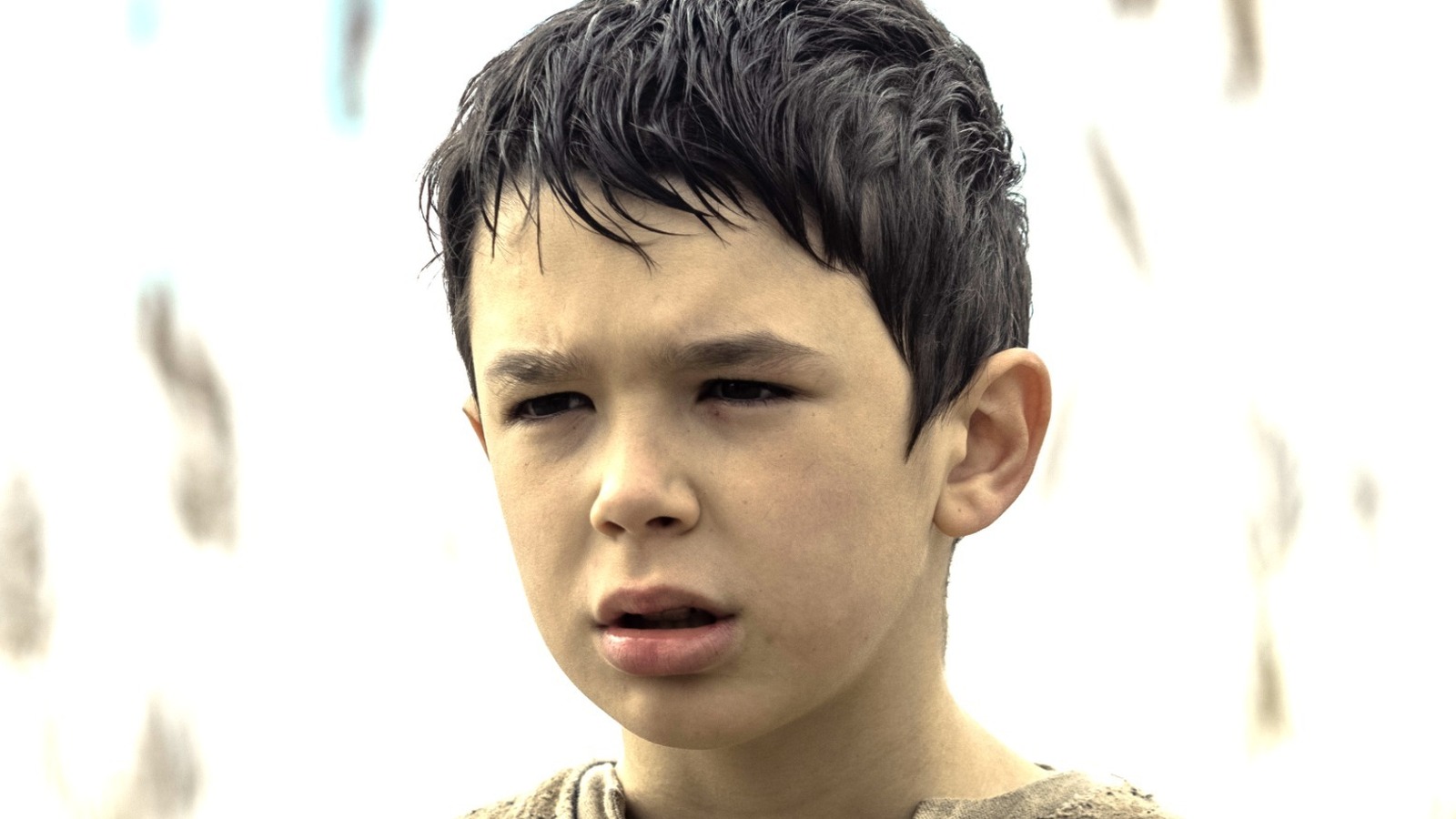
With Salvador long past, Lucía — who to begin with does not imagine in The Beast, and says Salvador’s sister was once simply “in poor health within the head” — grows ever extra satisfied that the Slim Guy-reminiscent monster has come for her and Diego. As she makes the sluggish and painful descent into paranoia and insanity, Diego will have to make the transition from sheltered blameless to made up our minds hero.
“The Wasteland” is not the primary horror mystery to pluck on the pathos that compels us to inform (and retell) tales about ever-encroaching boogeymen and “harbingers of doom.” Robert Eggers’ “The Witch,” Scott Derrickson’s “Sinister,” David Robert Mitchell’s “It Follows,” Jennifer Kent’s “The Babadook,” and — most likely most manifestly — M. Night time Shyamalan’s “The Village,” all contact at the psychology of concern itself. In the end, when one strips away all of the explicit trappings of any given monster narrative, what is left is a straightforward investigation of the thoughts’s involuntarily compulsion to give concern a tangible construction and shape.
In Casademunt’s movie, then again, the addition of self-induced, post-war isolation — and the movie’s refusal to ascertain or deny the lifestyles of The Beast — brings our obsession with this ambiguous and ominous creature into a shocking reduction that hits on one thing much more unavoidably tragic. Not like a lot of its cinematic and mythologic predecessors, “The Wasteland” does not shy clear of exposing the common root of this shape-shifting concern for precisely what it’s: the unshakeable wisdom of our personal mortality.

